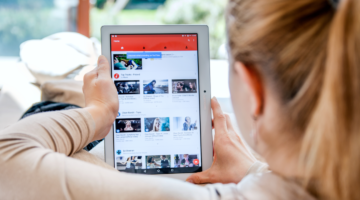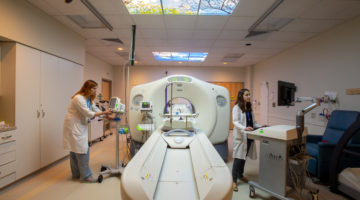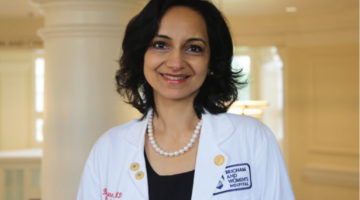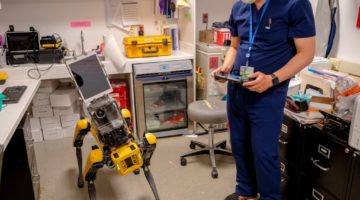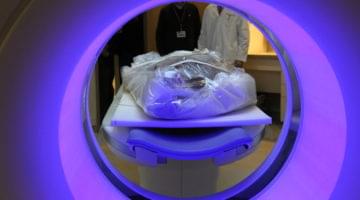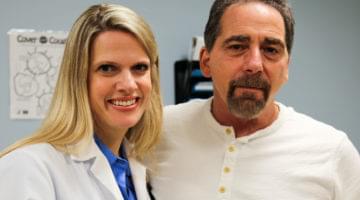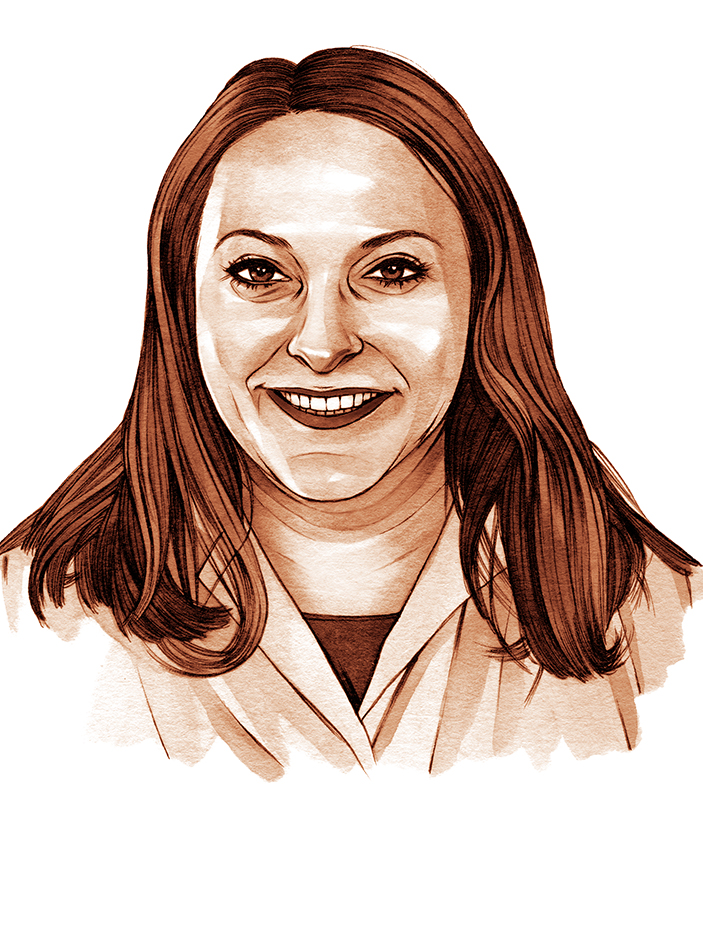
“The EEG (electroencephalography) dates back to the 19th century, but it’s still our only functional window into the brain and the cornerstone of epilepsy care.”
Ellen J. Bubrick, MD
Director of the Epilepsy Surgery Program, Department of Neurology
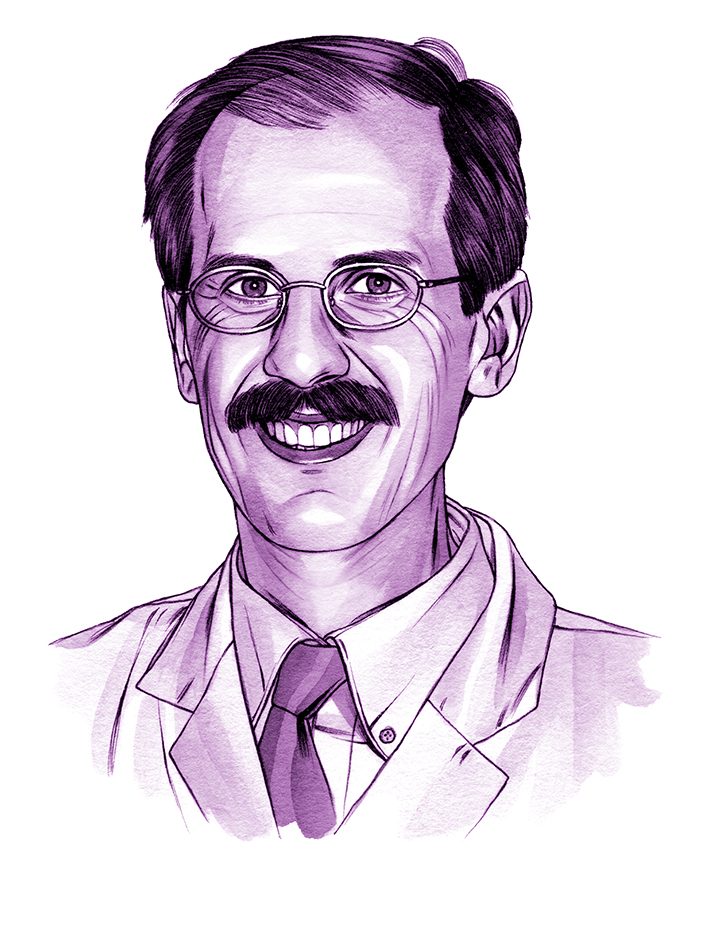
“Ultrasound was the first tool that allowed us to see the heart as it’s functioning. It is the foundation, the granddaddy, of imaging.”
Marcelo Di Carli, MD
Chief of Nuclear Medicine, Department of Radiology
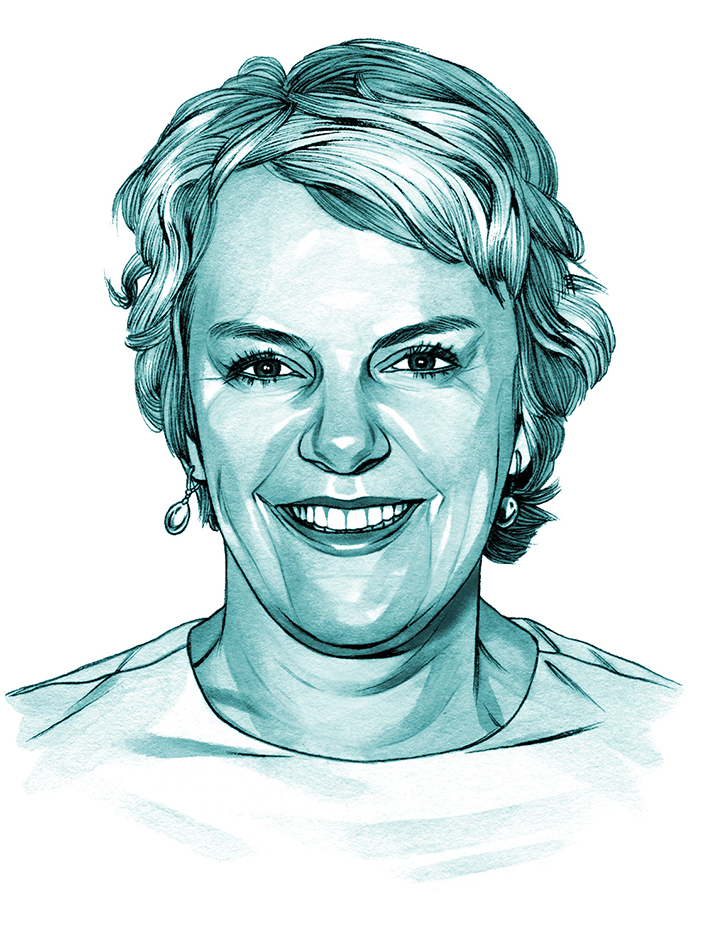
“Ventilators for infants. To ventilate a baby, everything has to be smaller—the pressure, volume, sensitivity, the whole tool is different from a ventilator for an adult. Without that, many premature babies wouldn’t survive.”
Terrie E. Inder, MD, MBChB
Chair, Department of Newborn Medicine
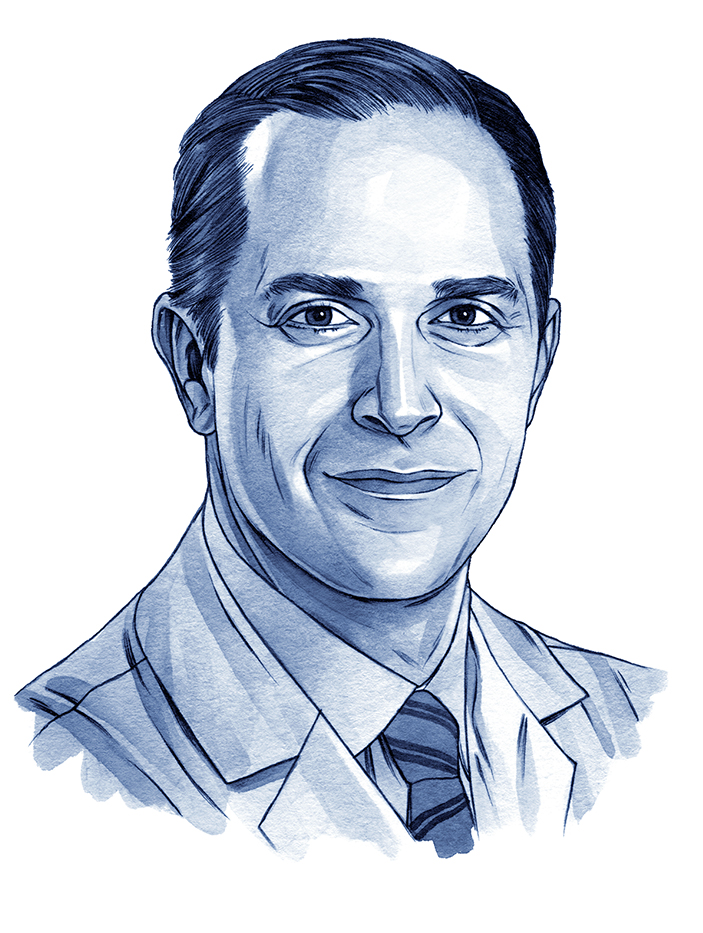
“The laparoscope. This is the long, thin scope that allows us to do laparoscopy, or minimally invasive surgery. It was developed in the early 1900s, but really came into regular use in the 1980s. Now we use laparoscopy every day to do abdominal surgery and enable our patients to recover more quickly and with less pain.”
Douglas S. Smink, MD, MPH
Program director, General Surgery Residency, and associate chair of Education, Department of Surgery
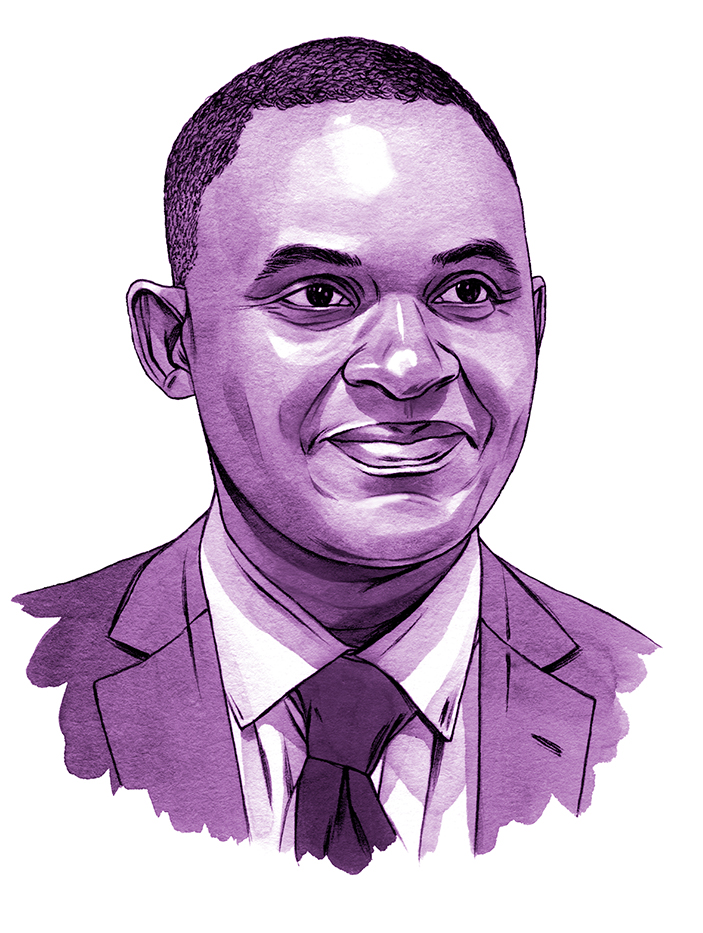
“The radiotherapy machine. These machines are currently used in the treatment of over 50 percent of cancer patients, either alone or in combination with surgery or chemotherapy. Radiotherapy also came from the discovery of X-rays and gamma rays, which were both awarded Nobel Prizes.”
Wilfred Ngwa, PhD
Medical physicist, Department of Radiation Oncology
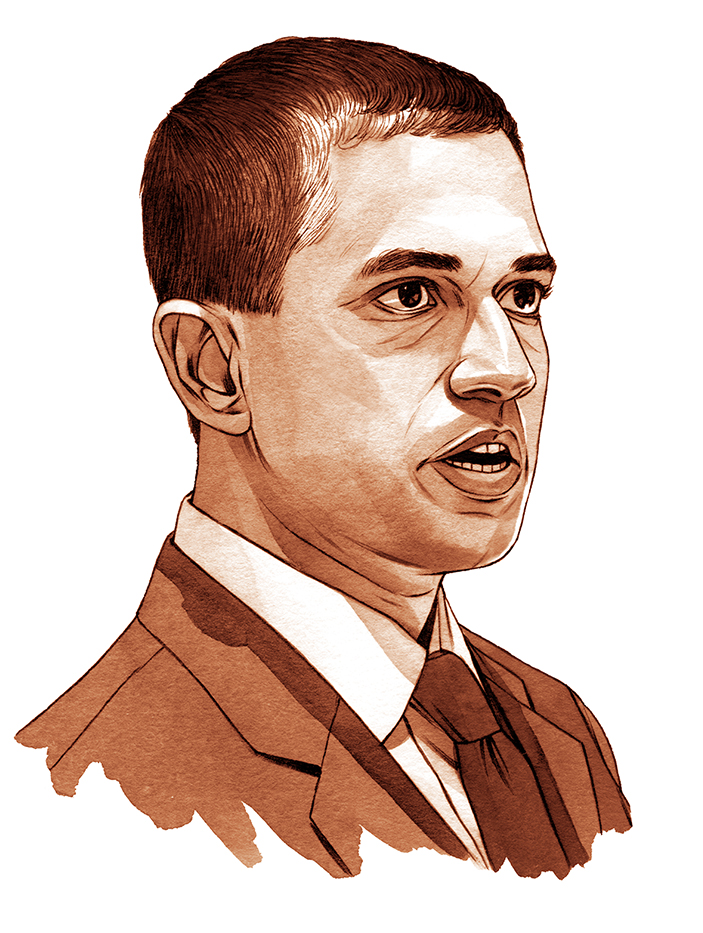
“On September 11, 1945, the first successful dialysis procedure was performed by Helmut Kolff on a woman with acute kidney failure. She survived what would have been a fatal illness thanks to hemodialysis. Although much work needs to be done to improve and expand access to dialysis technologies around the world, dialysis is still one of the miracles of modern medicine.”
Sushrut S. Waikar, MD, MPH
Director of Translational Research and Ambulatory Services, Renal Division
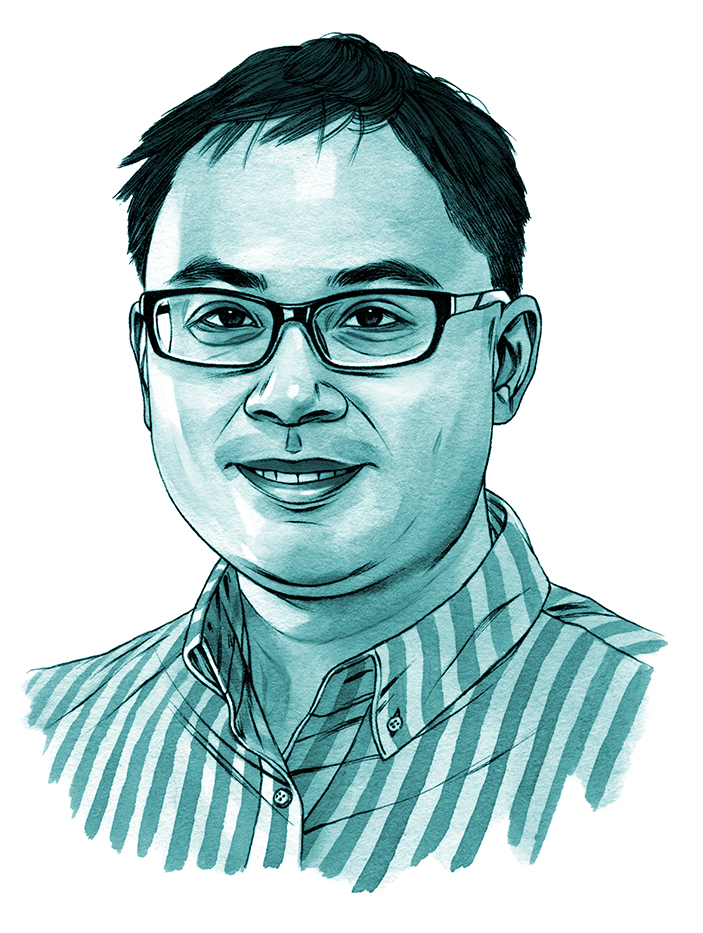
“Smartphones have pushed the boundaries of where we deliver medical care to patients. The improved sophistication of smartphone-based sensors is revolutionizing how we think about delivering care in response to real-time changes in patient status.”
Peter Chai, MD, MMS
Medical toxicologist, Department of Emergency Medicine
Illustrations by Michael Hoeweler



